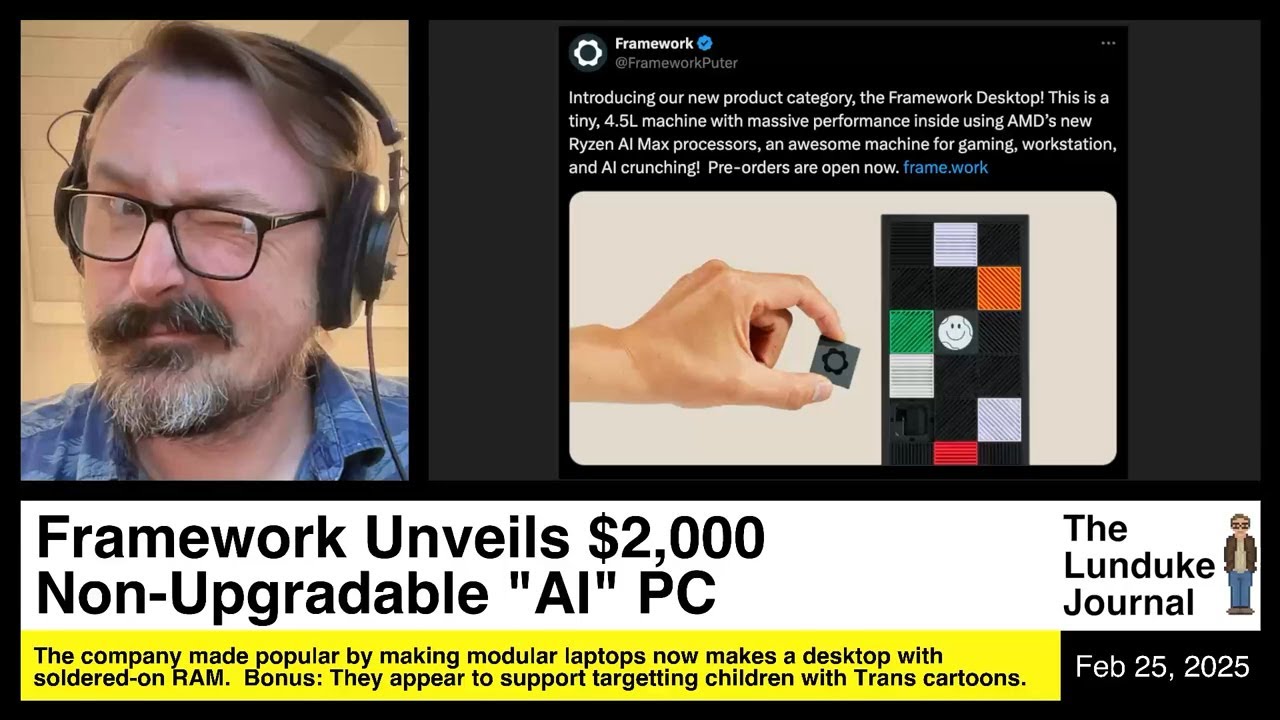Framework has launched a $2,000 non-upgradable desktop PC, which has drawn criticism for its limited customization options and high price, especially compared to cheaper alternatives. The company’s association with the controversial organization Bite and a frustrating product launch experience have further disappointed fans, signaling a shift away from its original focus on modularity and customer values.
Framework, a company known for its modular and upgradeable laptops, has recently launched a new desktop PC that starkly contrasts its previous offerings. This new desktop is priced at around $2,000 and is described as non-upgradable, with components like RAM and GPU soldered onto the motherboard. The only aspects users can customize are the cosmetic plastic panels on the front and the hard drive. This shift towards a less upgradeable machine has drawn criticism, especially considering that similar off-the-shelf desktops can be purchased for much less.
During the product announcement, the head of Framework expressed support for an organization called Bite, which focuses on creating a Linux gaming distribution. However, Bite has garnered attention for its marketing strategies that target children using transgender and bisexual cartoon characters. This association has raised eyebrows and led to concerns about Framework’s branding and values, as many believe that such themes should not be directed at children.
The presentation itself was described as reminiscent of an Apple event, with a significant amount of hype surrounding the new desktop. However, the actual user experience on the Framework website was frustrating, as visitors had to wait in a queue for 31 minutes just to view a static marketing page. This experience further added to the perception that the launch was more about hype than substance, especially given the limited upgrade options available for the new desktop.
Despite the high price tag, the desktop features a powerful CPU and GPU designed for running AI applications. However, even the top-tier model is not capable of handling some of the more demanding AI models, leading to the suggestion that users might need to purchase multiple units to achieve the desired performance. This raises questions about the practicality and value of the product, especially when compared to other options on the market.
Overall, the transition from a company focused on modularity to one that emphasizes a non-upgradable, AI-centric desktop has disappointed many fans. The lack of responsiveness from Framework regarding concerns about their association with Bite has further alienated some customers. The video concludes with the speaker expressing a sense of disillusionment with Framework, highlighting a significant shift in the company’s direction and values that may not resonate with its original customer base.
